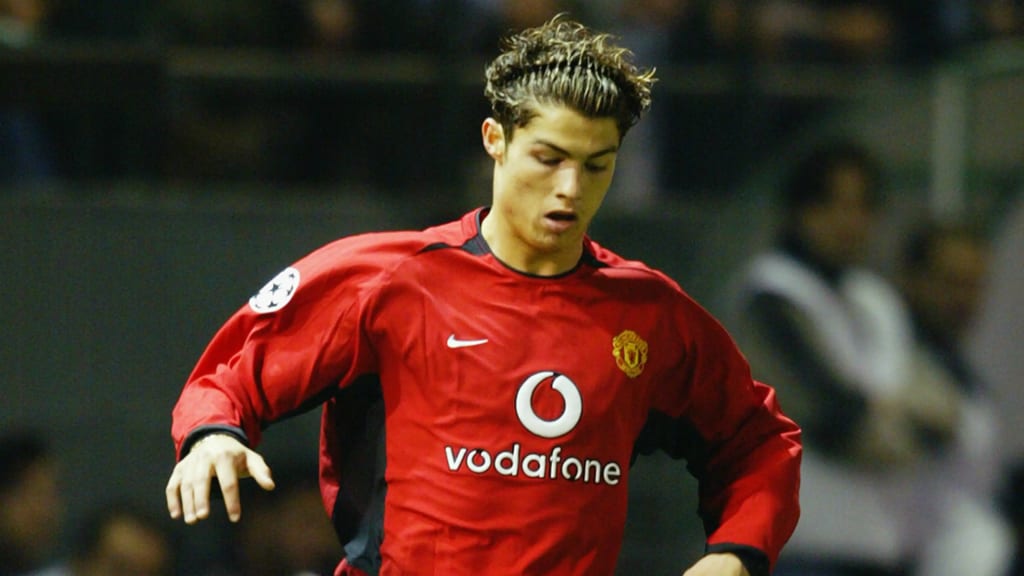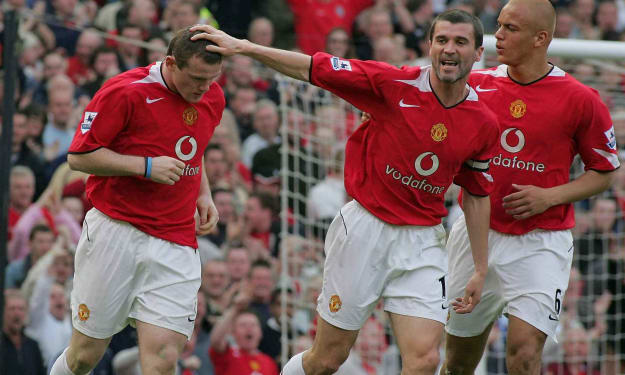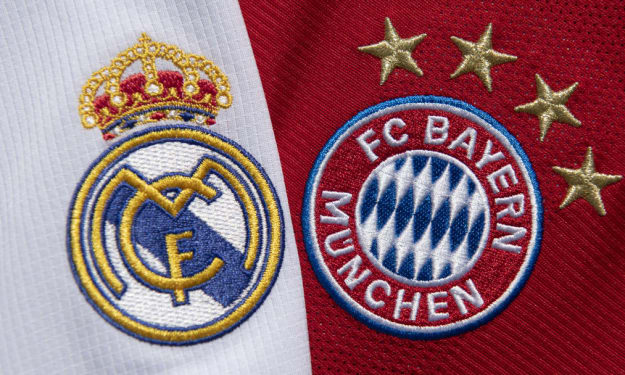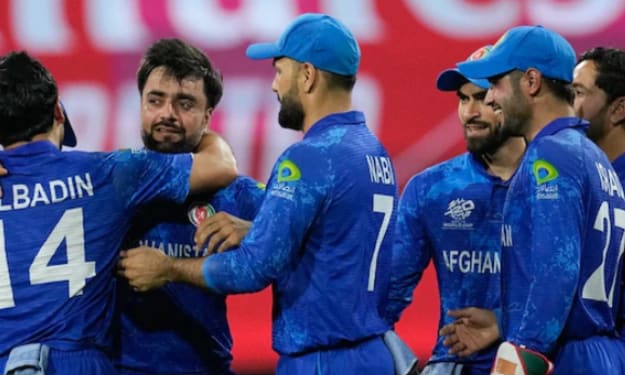Manchester United's Transition Year: The 2003-2004 Season
The 2003-2004 season represented a transitional phase for Manchester United, marked by departures of key players, the emergence of talents like Cristiano Ronaldo, and a third-place finish in the Premier League, setting the stage for future successes and showcasing the club's adaptability.

The 2003-2004 season marked a transitional period for Manchester United Football Club. Under the watchful eye of Sir Alex Ferguson, the team sought to adapt to the departure of key players while maintaining their competitive edge in both domestic and European competitions. In this article, we'll delve into the key moments and factors that defined Manchester United's transition year during the 2003-2004 season.
The Departures
The summer of 2003 saw significant departures from Old Trafford, most notably David Beckham, who moved to Real Madrid, and Juan Sebastián Verón, who transferred to Chelsea. These departures left voids in the midfield that were not easy to fill. The club also bade farewell to other veterans like Laurent Blanc, but at the same time, promising young talents like Cristiano Ronaldo and Eric Djemba-Djemba were brought in to rejuvenate the squad.
Rebuilding the Midfield
The midfield underwent a transformation in the wake of Beckham and Verón's departures. Roy Keane remained the bedrock of the midfield, providing leadership and tenacity. Paul Scholes and Ryan Giggs continued to be the creative forces in the team, but they faced a more demanding role without Beckham's precise passing.
Emerging Talents
The 2003-2004 season saw the emergence of young talents who would become crucial to Manchester United's future successes. Cristiano Ronaldo, who had arrived from Sporting Lisbon, made an instant impact with his dazzling dribbling skills and flair. His ability to take on defenders and create goal-scoring opportunities brought a new dimension to the team's attack.
In addition to Ronaldo, the promising Darren Fletcher made significant contributions in midfield. These young talents symbolized the future of Manchester United and the club's commitment to nurturing and integrating youth into the squad.
Midfield Dynamo: Eric Djemba-Djemba
One notable acquisition was Cameroonian midfielder Eric Djemba-Djemba. Although he didn't ultimately fulfill the lofty expectations placed upon him, Djemba-Djemba was an intriguing addition to the squad. His physicality and work rate offered a different dimension to the midfield, and he was seen as a long-term investment.
Challenges in the Premier League
The 2003-2004 season in the Premier League proved to be challenging for Manchester United. The club finished third, behind Arsenal and Chelsea, which marked a departure from their usual dominance. The departure of Beckham, in particular, was keenly felt in terms of assists and set-piece deliveries, and the team had to adapt to a different style of play.
Despite the challenges, the season saw United's continued reliance on Ruud van Nistelrooy, who finished as the Premier League's top scorer. His consistent goal-scoring ability remained a pillar of the team's attack.
Mixed European Campaign
In the UEFA Champions League, Manchester United had a mixed campaign. They made it to the round of 16 but were eliminated by FC Porto, managed by a relatively unknown José Mourinho. This was a disappointing exit for the club, as they had aimed for European glory.
Bright Spots
Despite the challenges and transitions, the 2003-2004 season had its share of bright spots. Cristiano Ronaldo's performances were a revelation, and he quickly endeared himself to the Old Trafford faithful. His ability to excite fans and contribute with both goals and assists provided a glimpse of his immense potential.
Additionally, players like Darren Fletcher and Eric Djemba-Djemba showed promise, and it was clear that they would play a significant role in the club's future. Manchester United continued to demonstrate resilience and a commitment to evolving in the face of adversity.
Legacy and Impact
The 2003-2004 season, while not marked by silverware or dominance, served as a critical transitional phase for Manchester United. The departures of key players and the introduction of emerging talents, including Cristiano Ronaldo, laid the foundation for future success. The season demonstrated the club's ability to adapt and rebuild, which would prove essential in the years to come.
Ronaldo's rapid rise to stardom began during this season, and his presence in the squad had a profound impact on the club's identity and style of play. The season is a reminder that even during periods of transition, Manchester United was a force to be reckoned with.
The 2003-2004 season was a transitional year for Manchester United, marked by departures of key players and the integration of emerging talents like Cristiano Ronaldo. While the season didn't yield the usual level of success in terms of trophies, it was a critical phase in the club's history. The challenges and changes it brought laid the foundation for future triumphs and showcased Manchester United's ability to adapt and rebuild in the face of adversity. It also marked the beginning of Ronaldo's journey to becoming one of the world's greatest footballers, underlining the club's commitment to nurturing young talents.
About the Creator
Enjoyed the story? Support the Creator.
Subscribe for free to receive all their stories in your feed. You could also pledge your support or give them a one-off tip, letting them know you appreciate their work.






Comments
There are no comments for this story
Be the first to respond and start the conversation.